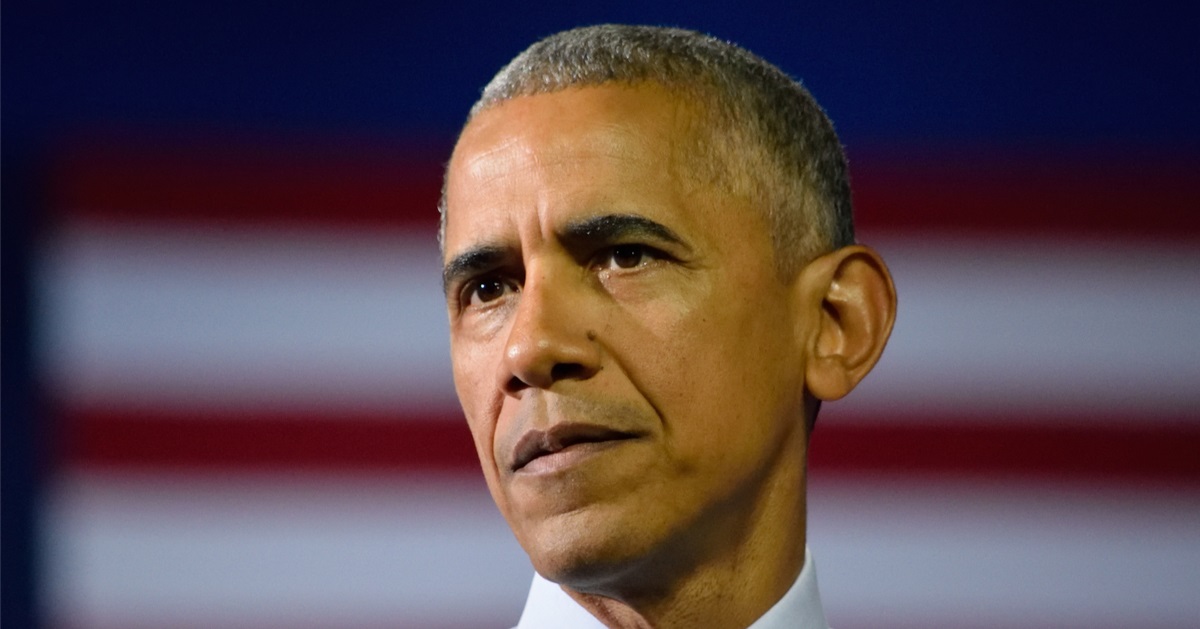Trump administration ending TSA's Quiet Skies traveler surveillance program
The Quiet Skies program was terminated on Thursday by Homeland Security Secretary Kristi Noem.
This move has been a long time coming, in the minds of many Americans who considered it a violation of their right to privacy, as The Daily Caller reported.
Earlier this week, news broke that the Trump administration is gearing up to terminate a federal domestic monitoring program for travelers. The program's original intent was to identify potential terrorist threats, but it has occasionally subjected Americans to intrusive or annoying airport searches.
Some sources previously informed reporters at various agencies that President Trump intends to end the "Quiet Skies" program run by TSA, and it would have been hard to convince many who knew program details that this was justified in continuing.
The Program
According to another US official, aides have discussed ways to end Quiet Skies without jeopardizing security. The goal of Quiet Skies is to find passengers who may pose a significant threat to aviation safety and identify them for TSA to step in and address the issue.
Starting in 2010, analysts and undercover air marshals were employed to keep an eye on passengers at airports and on flights.
Data collected includes information about outstanding warrants, facial recognition software, suspicious travel patterns and behaviors, and more, all in an effort to avert terrorist strikes.
It has snared several prominent figures, such as Tulsi Gabbard, a former Democratic congresswoman and current director of national intelligence for President Donald Trump, and sparked discussions regarding what seems to have been an unequal enforcement of the regulations at times.
Public Response
Critics have argued for some time that this program allows TSA to monitor American individuals who are not suspected of any wrongdoing.
The general public has been kept in the dark regarding the intricacies of what causes someone to be placed on the Quiet Skies list or cause them to be removed from the list.
Extensive efforts are made by some Americans to remove themselves from the list, and some of them even engage in lengthy court battles in order to accomplish this goal.
Examples of Use
According to a recent story, Sen. Jeanne Shaheen (D-NH) became angry when her husband was placed on the TSA's watchlist in 2023.
His removal followed Shaheen's conversation with the then-director of the TSA, something many Americans wouldn't have the ability to do.
The senator's spokesman denied knowing that William Shaheen had been under Quiet Skies surveillance.


